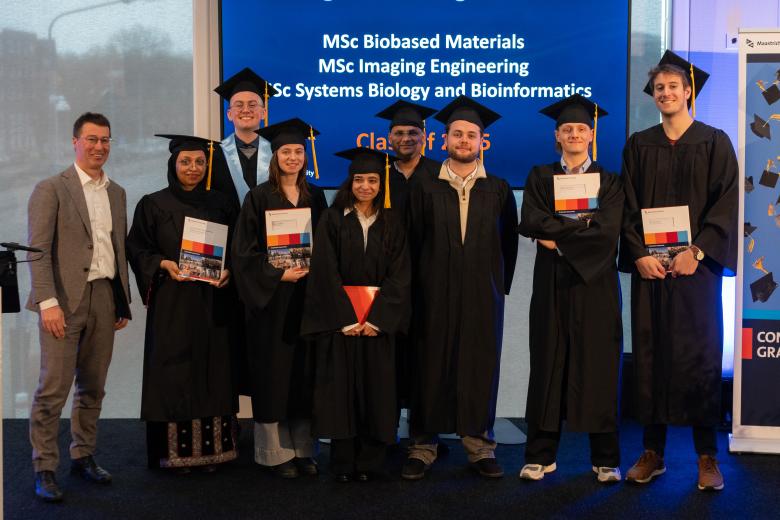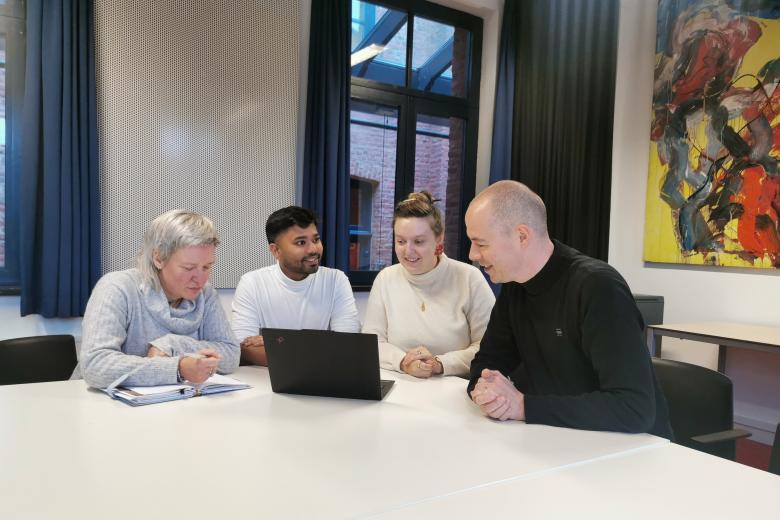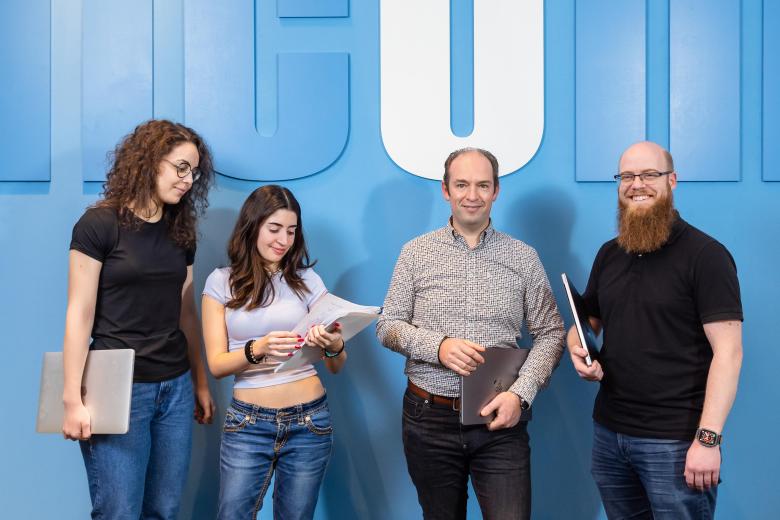Maastricht University is involved in improving the Advanced Virgo Gravity Wave Detector
On May 9th, the NWO awarded €2.7 million to improve the Advanced Virgo gravity wave detector in Pisa. Maastricht University will take part in this initiative, which will be led by the Dutch National Institute for Subatomic Physics (Nikhef). Researchers from the Faculty of Science and Engineering's Gravitational Waves and Fundamental Physics Institute will help reduce scattered light inside Advanced Virgo.
Scattered light might be a blessing for photographers, as they frequently use it to achieve effects such as light rays in their photographs. When trying to detect laser light inside a gravity wave detector, however, scattered light becomes a menace. "We detect gravity waves using a very strong laser that produces 100 quintillion (100 triljard in Dutch) photons per second," says Sebastian Steinlechner, leader of Advanced Virgo's "scattered light control" programme. Only a few of these photons will hit the light detector when a gravity wave passes Advanced Virgo. All of the other photons are superfluous and may accidentally hit the detector as scattered light. At Maastricht University, we will create optimised stainless steel shields that will absorb (rather than reflect) almost all of the light that strikes them. These will then be manufactured and installed in Advanced Virgo, where they will aid in the removal of scattered light from critical parts of the interferometer."
Aside from "scattered light control," Steinlechner and his colleagues at the Gravitational Waves and Fundamental Physics Institute will help improve Advanced Virgo in other ways.
Also read
-
Ron Heeren appointed fellow of the Netherlands Academy of Engineering
Professor Ron Heeren, distinguished university professor at Maastricht University (UM) and director of the Maastricht MultiModal Molecular Imaging Institute (M4i), was appointed as a fellow of the Netherlands Academy of Engineering (NAE) on Thursday 11 December.
-
UM builds open education and digital literacy into BKO/UTQ
Maastricht University is taking a practical step to support early-career teachers: open education and digital literacy will be built more firmly into the BKO/UTQ.
-
Companies unlock Maastricht University’s hidden talent
@Work students serve as a bridge between academia and industry, helping companies recognise the university’s strengths. “We’re a hidden gem that’s gradually being discovered, as more and more people learn that we are one of the largest academic data science and AI programmes in the Netherlands
